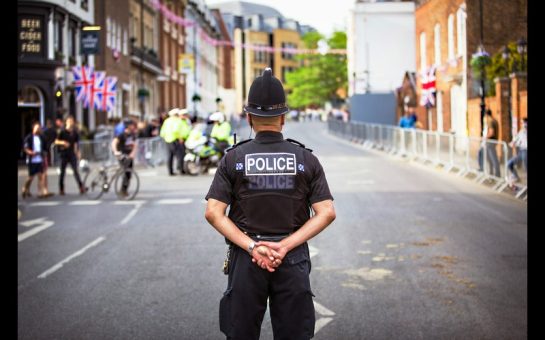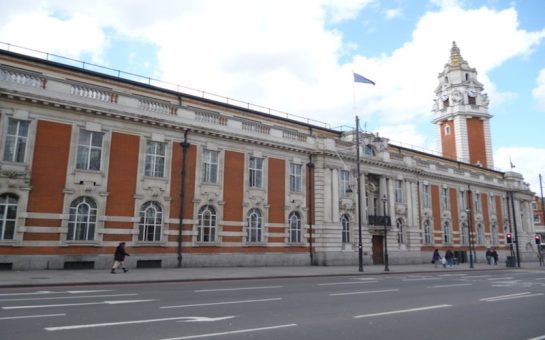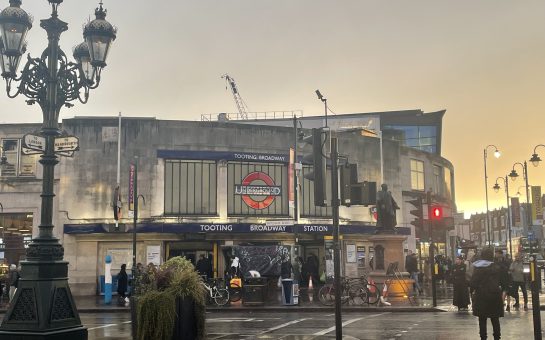Knife violence among young people is a disease that can only be tackled with a public health approach, according to a Lambeth youth worker.
A Freedom of Information request to the Metropolitan Police showed there have been 206 victims of knife violence under 18 in Lambeth since 2014, with a high of 64 incidents in the 2016 to 2017 period.
Abdul Karim Abdullah, who works with at-risk young people through the Young Lambeth Co-operative, believes the causes for that spike range from cuts to local services to the normalisation of violence in society.
Mr Adbullah, 33, said: “We have a culture that young people are subscribing to where violence is normalised, whether it’s in films, music, social media, and because of that it becomes a normal thing to do, part of their socialisation process.”
Severe cuts to social services, a lack of access to opportunity, mental health issues and being excessively policed are other factors that might lead to violence manifesting.
Mr Adbullah – pictured above – said that a lot of young people who live with the real risk of being victims of knife crime simply because of where they lived carried knives to defend themselves.
Decades of stop and search initiatives and past state violence targeting young black and Asian men means that some young people from those communities don’t feel they can trust the police.
He said that young people felt a disconnect watching themselves presented as inherently violent in the news alongside a society and political class that’s increasingly fragmented and combative.
“You get many young people exposed to this that think: well you guys are no different from us,” he said.
“The political elites have to demonstrate an ethical way of disagreeing without resulting to slur campaigns.”
Local grassroots organisations with ties to the community working directly with young people can be very effective, but frequently struggle from a lack of funding.
Mr Adbullah said: “You’ll have local organisations working with the same cohort of young people at war with each other, writing funding bids in order to secure the money to sustain their organisation.”
Youth organisations, mental health support and intervention at crucial points of young people’s lives are essential elements to the public health approach to tackling violence.
Mr Abdullah said: “Everybody has to be on the same page, or near enough – it’s not always possible when singing from the same hymn sheet- in order to have a cohesive society.
“That is what the public health approach is about, it’s about working together because violence is like a disease, if you have a hot spot for it to fester, it will grow and it will spread.
“The only way to stop it is to quarantine it, and the best way to do that is a collaborative approach, everybody working together it.”
A Met Police spokesperson said: “The MPS remains committed to targeting knife crime through enforcement and education but have said for some time, that help is needed from the community to tackle what is a very complex issue.
“Young people who carry knives are doing so for a variety of reasons which are not always gang-related, including status, criminality and self-protection. But the truth is that if you carry a knife, or you are with someone who does, you are more likely to be stabbed yourself.”




